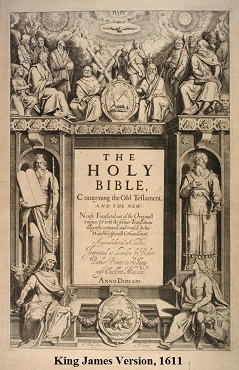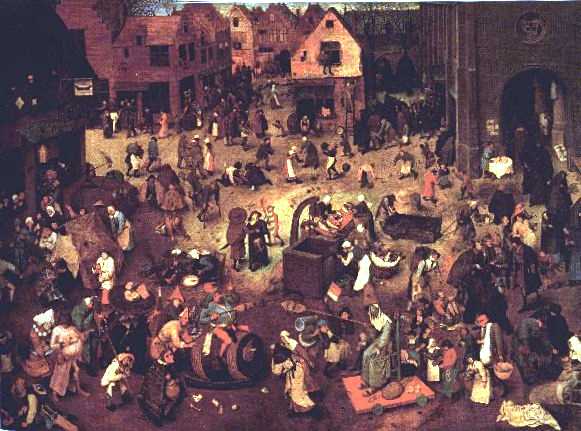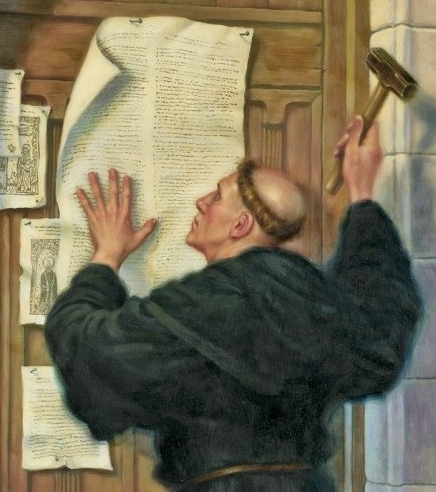The Reformation, the Bible, and You
 As the anniversary of the five-hundredth year of Martin Luther’s theses comes to an end, what can be learned from the Reformation and applied to the lives of Christians today? The study of history should result in the experiences of the past finding application to the present and future. For this final post of Fellowship Presbyterian Church’s series “The Reformation-500th Anniversary,” the importance of sola Scriptura for today will be considered.
As the anniversary of the five-hundredth year of Martin Luther’s theses comes to an end, what can be learned from the Reformation and applied to the lives of Christians today? The study of history should result in the experiences of the past finding application to the present and future. For this final post of Fellowship Presbyterian Church’s series “The Reformation-500th Anniversary,” the importance of sola Scriptura for today will be considered.
Presbyterians in the United States have at times noted the limited Bible knowledge among their members and officers. Concerned presbyters and their courts have exhorted church members to read the Bible and increase their knowledge of its content. The unsettling truth of the situation is that for many Christians the only Bible content they experience is during their Lord’s Day church services, which in some cases currently include Scripture readings of only a few verses or none at all. If it is true, which it is, that God has revealed his will once and for all in his Word, and its readers comprehend its message through the illuminating work of the Holy Spirit, then why is it the case that Christians sometimes know no more about the Bible than they do the content of manuals for their household appliances? It is really a sad representation of the importance of sola Scriptura when Jesus’ few familiar words in John 17:17 are not heeded for growth in grace.
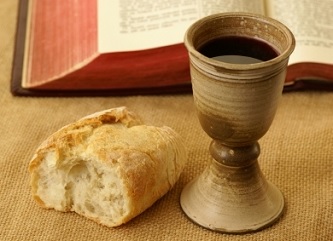 One of the most important doctrinal changes made by Protestants involved the reinterpretation of the Latin words
One of the most important doctrinal changes made by Protestants involved the reinterpretation of the Latin words 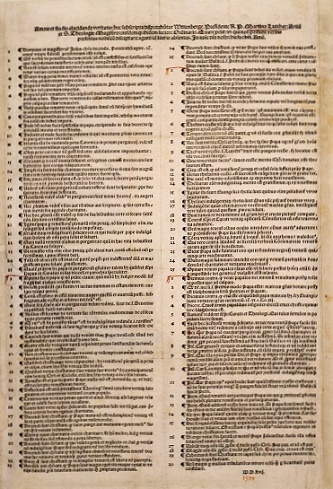 Even though the original manuscript of Martin Luther’s
Even though the original manuscript of Martin Luther’s 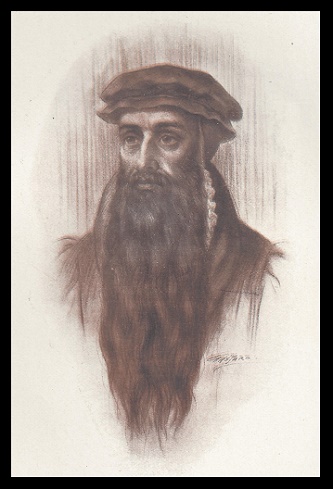 marking his grave. But no, the approximate site of his grave is designated with a square surfaced white stone and a descriptive slab set in asphalt. Yes, John Knox is awaiting the resurrection beneath parking space number twenty-three in Parliament Square behind St. Giles Cathedral in Edinburgh. Maybe those who paved over the remains of Knox and his fellow deceased were skeptical descendants of the anti-supernatural Sadducees who did not believe in the resurrection. Regardless, if you want to see the burial site of John Knox you will have to stand on blacktop instead of a green church yard lawn.
marking his grave. But no, the approximate site of his grave is designated with a square surfaced white stone and a descriptive slab set in asphalt. Yes, John Knox is awaiting the resurrection beneath parking space number twenty-three in Parliament Square behind St. Giles Cathedral in Edinburgh. Maybe those who paved over the remains of Knox and his fellow deceased were skeptical descendants of the anti-supernatural Sadducees who did not believe in the resurrection. Regardless, if you want to see the burial site of John Knox you will have to stand on blacktop instead of a green church yard lawn.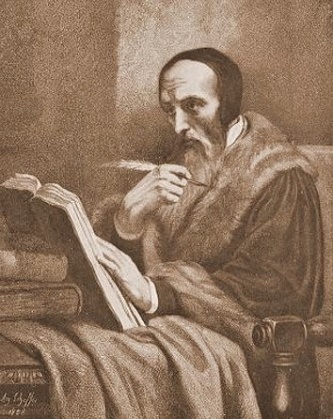
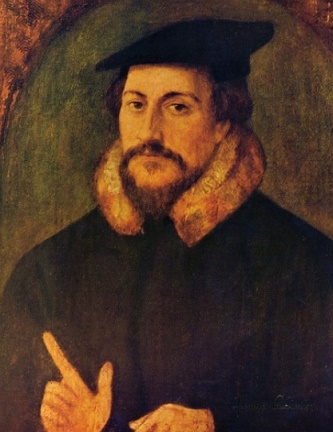
 There is little in the early years of Martin’s life that would lead one to conclude the lad was destined to spearhead the
There is little in the early years of Martin’s life that would lead one to conclude the lad was destined to spearhead the 
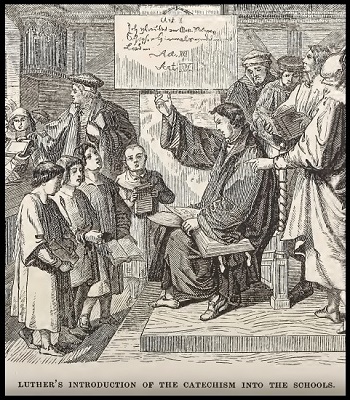 nd for those with some knowledge of the literature of the Reformation might be Martin Luther’s
nd for those with some knowledge of the literature of the Reformation might be Martin Luther’s 